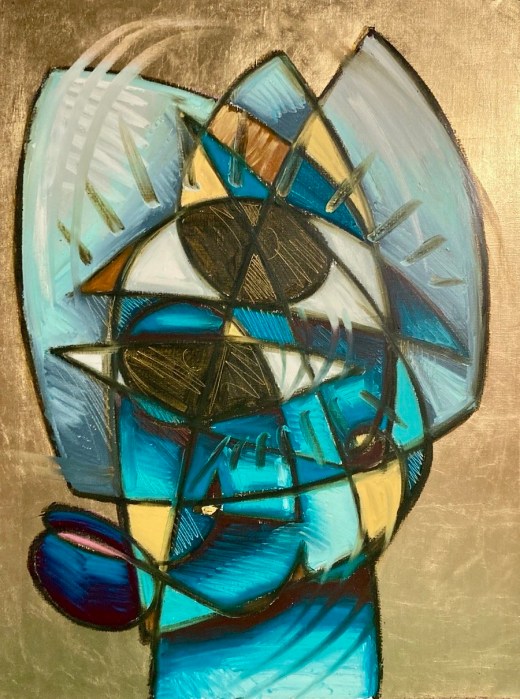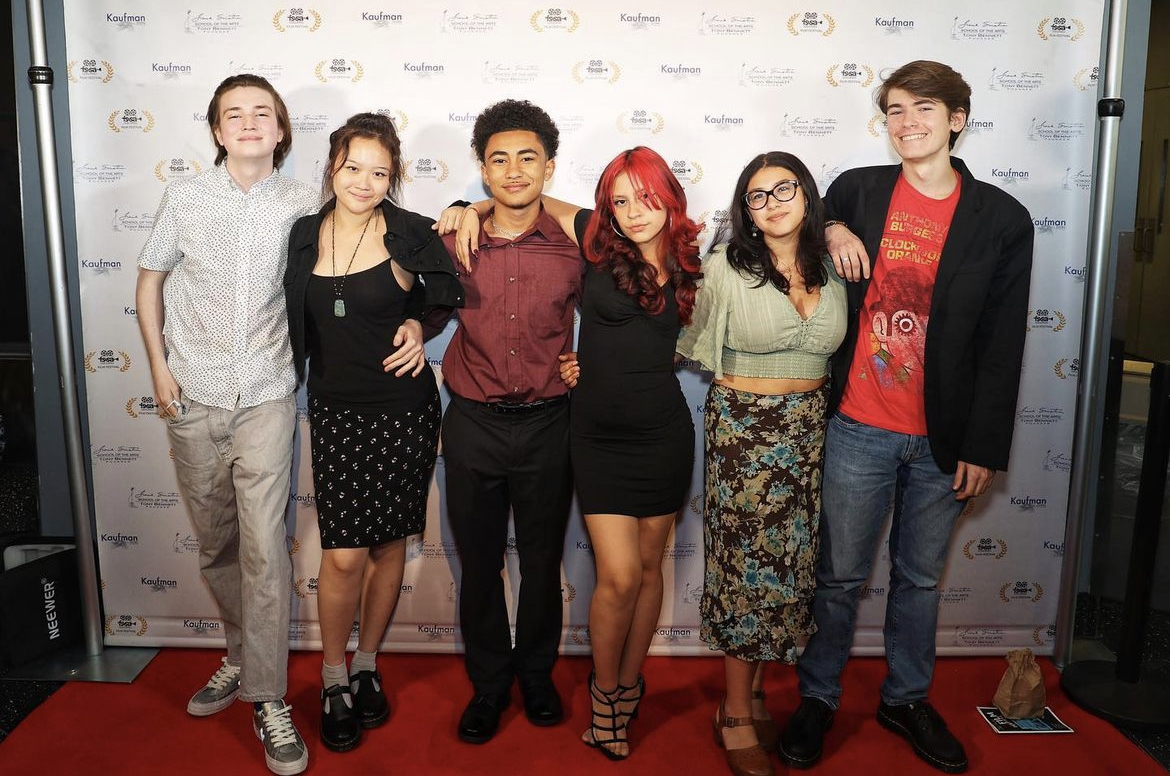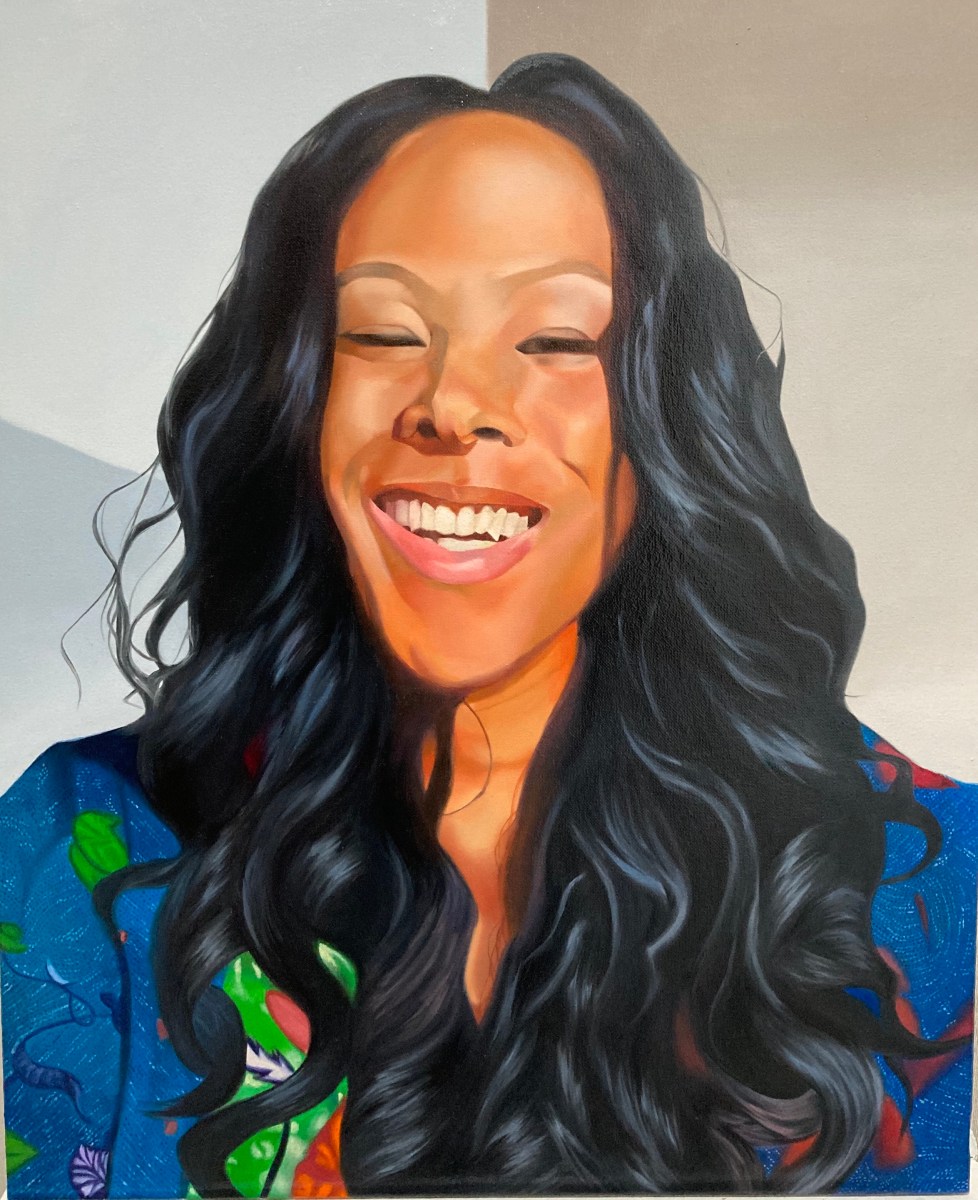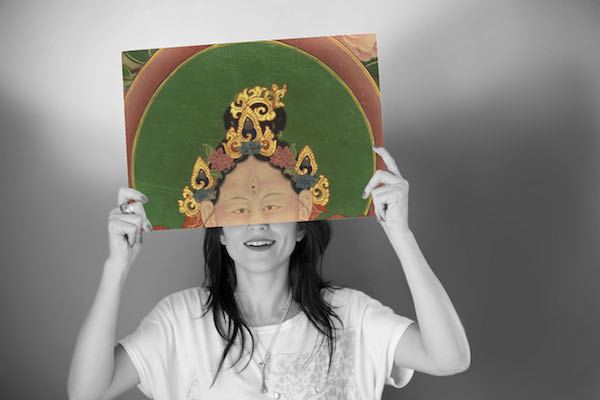
BY SEAN EGAN | The burgeoning field of neuroscience and the ancient tenets of Buddhism, seemingly incompatible at a glance, are not so far apart.
Tim McHenry, the Director of Programs and Engagement at the Rubin Museum of Art, argues for the “commonality between the frontier science of neurological exploration — of neuroscience, and understanding how the mind works — and the innate understanding of how the mind works in Buddhist philosophy. They both try to do the same thing, but with very, very different means.”
This train of thought was the impetus behind Brainwave, an annual series McHenry has been curating since its debut in 2008. Anchored by a series of conversations between notable personalities and leading neuroscientists, Brainwave discussions address various mind-related topics by drawing on science and spirituality. “It’s proven to be a subject of inexhaustible interest to not only me, but anybody who attends,” McHenry notes.
For this year’s installment, the theme is “emotions,” a topic McHenry finds particularly interesting — though he makes it clear that Brainwave is concerned with digging deeper than just examining basic emotions (such as fear and happiness) and calling it a day.
“Emotions are really, really interesting in that they’re both useful and necessary, and yet deeply problematic” he says. “Buddhism is really about trying to mitigate or reduce the effect of your emotions on you in a way that is damaging, detrimental, and makes you beholden to them, as opposed to [feelings that] you enjoy, and using them to inform yourself and inform your understanding of the world. So that’s why emotions are interesting in this particular context.”
Elaborating on the kinds of programs one can expect, McHenry says, “Nobody really wanted to address the idea of a single emotion because quite frankly, it’s so much more complex than that. We just ended up in the realm of people talking about the role of emotions within a particular context,” he explains. On Feb. 8, “Sigourney Weaver is going to talk about autism, which is, you know, on paper such an unlikely subject for her to address. But she played a severely autistic character in ‘Snow Cake,’ ” says McHenry, noting that this experience left her interested in the condition — and is indicative of the method used to develop Brainwave’s programming: working with guests to develop a topic of interest specific to them, and pairing them up with a scientist who can facilitate that discussion effectively and entertainingly (Weaver, paired with neuropsychologist David Amaral, will explore the grey areas of the autism spectrum).
“It’s a dialogue between who you want to have participate and what they want to talk about, and what you want them to talk about,” says McHenry of his booking philosophy. “It’s a juggle. It’s like matchmaking. You’re sort of the Dolly Gallagher Levi of neuroscience programming.”
This Dolly-esque form of matchmaking has worked well — and this year’s Brainwave lineup promises to build on the festival’s reputation for intrigue and illumination. Upcoming dialogues include a talk between Broadway legend Stephen Sondheim and experimental psychologist Steven Pinker (Mar. 9); the Roots drummer Questlove discussing food and emotions with neuroscientist Stuart Firestein (Apr. 25); “Star Trek” actor Zachary Quinto discussing spirituality and the brain with neuroscientist Heather Berlin (Mar. 6); and drag artist Courtney Act in conversation with Tim Pychyl about procrastination (Mar. 30).
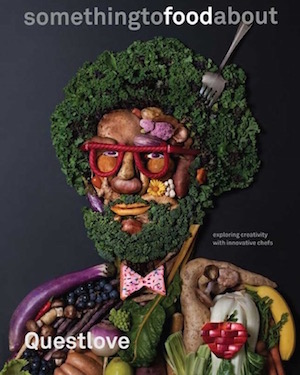
Even the less-than marquee entertainment names seem to be highly interesting — such as the Feb. 12 pairing of neuroscientist Moran Cerf (returning after a discussion with Jake Gylenhaal on dreams last year, McHenry notes) with former US representative and mayoral candidate Anthony Weiner about so-called “emotional politics,” which McHenry asserts “will be intriguing.” But then again, McHenry is intrigued by everything on Brainwave’s docket.
“I’ve made a rule to say that you don’t program something unless you’re really interested in seeing how it plays out,” laughs McHenry, who makes it clear how fascinating and thrilling he finds these improvised talks, where the participants have only just met prior to the audience assembling and cameras starting to roll.
“They have to [have] their exploration in real-time, and we get to witness that. That’s a binding, intriguing factor about putting these dialogues together onstage at the Rubin, is that in the great majority of cases, this is a moment of risk, where nothing is pre-ordained,” he asserts. “So these two people have to meet each other as adults and forge a conversation, and broker a language that they might have in common to talk about something that is of mutual interest, of which they’re approaching from two very, very different angles.”
While these talks are the bread and butter of the festival, McHenry’s made sure to expand beyond this. Running on Fridays throughout the festival is the “Cabaret Cinema: Emotions/Emotocons” series, which pairs up classic films like Lynch’s “Eraserhead” (Mar. 4) and Hitchcock’s “Rebecca” (Apr. 15) with specific emotions and emoji. There’s also what is referred to as an “experience” called “Waiting Rooms,” courtesy of NYU game designer Eric Zimmerman and architect Nathalie Pozzi, which McHenry is particularly excited about.
“[Eric’s] building a prototype of an experiential piece that will be set in the museum, that uses different chambers, different rooms to replicate the feeling of the immigrant and refugee experience of being shunted from one space to the other, without clear direction,” McHenry explains of the Apr. 16 and 23 event. “It’s incredibly relevant now, and it’s not something we’ve done before.”

While always looking forward to new frontiers, Brainwave will soon make it easy for audiences to look back on where they’ve been — and not just during the festival’s yearly run dates. They’ve filmed all of their programs, and will soon be housing the full talks online on the Rubin website for all to see. “People who are coming to Brainwave for the first time can revisit earlier programs in video format,” McHenry says. “The knowledge that comes out of these conversations, the spark, the energy, is still transmitted that way, and it’s really worth seeing.”
Ultimately, Brainwave comes all down to the knowledge gained from the festival — be it in the form of “a-ha” moments from participants in the conversation, or in an audience member witnessing it. McHenry hopes people leave the Rubin with a better understanding of the topics, and a determination to employ the effects in real life.
“It’s about these small awakenings and realizations,” he says, citing how people could change their behavior to be a little kinder and more perceptive. “It might seem minor, but if you stick at it, the cumulative effects, hopefully, would be profound.”
Brainwave runs through Mon., Apr. 25 at the Rubin Museum of Art (150 W. 17th St., btw. Sixth & Seventh Aves.). Ticket prices and times vary. For a full schedule and tickets, visit rubinmuseum.org. For more info, call 212-620-5000.











